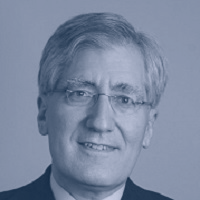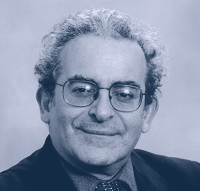By its terms, the Eighteenth Amendment prohibited “the manufacture, sale, or transportation of intoxicating liquours” but not the consumption, private possession, or production for one’s own consumption. In contrast to earlier amendments to the Constitution, the Amendment set a one-year time delay before it would be operative, and set a time limit (seven years) for its ratification by the states. Its ratification was certified on January 16, 1919, and the Amendment took effect on January 16, 1920.
To define the prohibitory terms of the Amendment, Congress passed the National Prohibition Act, better known as the Volstead Act, on October 28, 1919. The Volstead Act charged the U.S. Treasury Department with enforcement of the new restrictions, and defined which “intoxicating liquours” were forbidden and which were excluded from Prohibition (for example, alcoholic beverages used for medical and religious purposes). President Woodrow Wilson vetoed the bill, but the House of Representatives overrode the veto, and the Senate did so as well the next day. The Volstead Act set the starting date for nationwide prohibition for January 17, 1920, which was the earliest day allowed by the Eighteenth Amendment.
The Amendment was in effect for the following 13 years. It was repealed in 1933 by ratification of the Twenty-First Amendment. This was the one time in American history that a constitutional amendment was repealed in its entirety (see discussion of the Twenty-First Amendment to the United States Constitution).
In his important study both of the Eighteenth Amendment and its repeal, Daniel Okrent identifies the powerful political coalition that worked successfully in the two decades leading to the ratification of the Eighteenth Amendment:
Five distinct, if occasionally overlapping, components made up this unspoken coalition: racists, progressives, suffragists, populists (whose ranks included a small socialist auxiliary), and nativists. Adherents of each group may have been opposed to alcohol for its own sake, but used the Prohibition impulse to advance ideologies and causes that had little to do with it.
The Eighteenth Amendment must be understood in its historical context, namely, “between 1913 and 1919, in the greatest burst of constitutional activity since the Bill of Rights, amendments establishing the income tax, direct election of senators, Prohibition, and woman suffrage were engraved into the nation’s organic law.” The Amendment establishing the income tax (1913) removed the leading practical obstacle to Prohibition, namely, that taxes on alcohol had been a significant source of government revenues theretofore, and ending this business would eliminate taxes that had been historically important to raising revenues for the public business. With the income tax constitutionally established, Prohibition was now financially feasible, and the coalition supporting it could achieve its ends without facing this obstacle. Whether its ends were justifiable or worth the price paid for its enforcement is debated and will be discussed later (see the Twenty-First Amendment).
Further Reading:
Daniel Okrent, Last Call: The Rise and Fall of Prohibition (New York: Scribner, 2010).
Richard F. Hamm, Shaping the Eighteenth Amendment (Chapel Hill: University of North Carolina Press, 1995).






